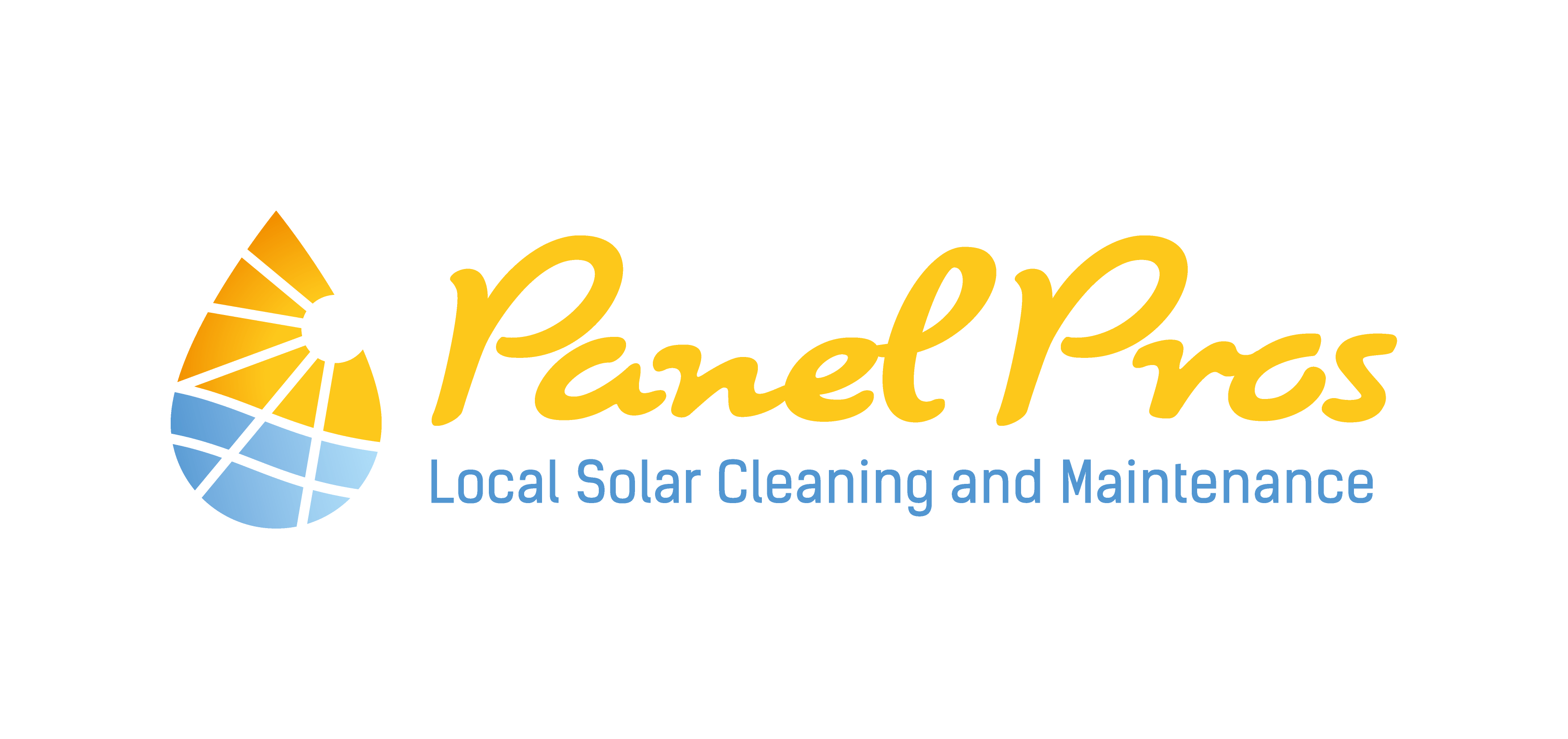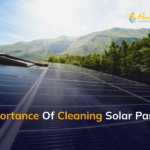W
hen it comes to birds, bird flu might not be the only thing to worry about. Birds and their droppings are thought to transmit more than 60 diseases. The problem is especially worrisome in residential areas because many of them are airborne and can be transmitted to humans through bird droppings.

How dangerous are pigeon droppings?
Pigeon droppings contain a fungus called Cryptococcus which, if inhaled, can cause infection in susceptible individuals.
An infection has been confirmed as a “contributing factor” to the death of a child in a Glasgow hospital.
The child was being treated at Queen Elizabeth University Hospital when it appeared he had caught a fungus called Cryptococcus.
The child is not named. The fungus did not contribute to the death of a second patient infected with the same pathogen in December, experts said.
What is it?
Diseases caused by bird droppings called Cryptococcosis, Histoplasmosis, and Salmonellosis:
- Cryptococcosis is caused by yeast found in the guts of pigeons and starlings. The disease usually starts with lung disease and then affects the central nervous system. Since attics, ledges, schools, offices, warehouses, mills, park buildings, etc. are typical habitats and nesting sites, the fungus tends to be found in these areas.
- Histoplasmosis is a potentially fatal respiratory disease. It is caused by a fungus that grows in dried bird droppings.
- Salmonellosis, often in the form of ‘food poisoning’, has been traced to pigeons, starlings, and sparrows. The pathogenic bacteria are found in bird droppings; dust from the bird droppings can be sucked in by fans and air conditioners, contaminating food and cooktops in restaurants, homes, and food processing plants.
How can you catch it?
Safe Cleaning Tips
Don’t clean up droppings if you have a compromised immune system, including HIV/AIDS or cancer, the BBC adds.
To be safe, call professionals, such as a Panel Pros team, to assist you in cleaning up bird droppings around solar panels.
Small project
The routine removal of bird dropping from window sills does not pose serious health risks for most people. When cleaning, you should wear disposable gloves and washable clothing.
Large project
If you are planning a large cleanup, such as removing droppings from a solar panel, we strongly recommend you call our Panel Pros team because we care about our customers and follow these steps:
- Put on protective clothing such as disposable coveralls, boots, and gloves, and of course, we wear respirators for extra protection.
- Minimize dust using high-powered water hoses. Cover the area with a plastic sheet or moisten the work area. This prevents inhalation, reduces the risk of infection, and prevents the spread of dust beyond the work area.
- Soak bird droppings in water and shovel them. This method avoids the risk of using high-powered water hoses. Collect wet materials in a heavy-duty plastic bag or another type of secure container and dispose of them with the regular trash.
- After cleaning an area, wash it off regularly to prevent future buildup.
Panel Pros team is here to assist you in preventing or treating bird nesting around solar panels and complete the thorough bird-dropping clean-up to prevent any diseases and biohazards from bird droppings. Take care of your health and solar panels by calling us today and scheduling a free consultation.






